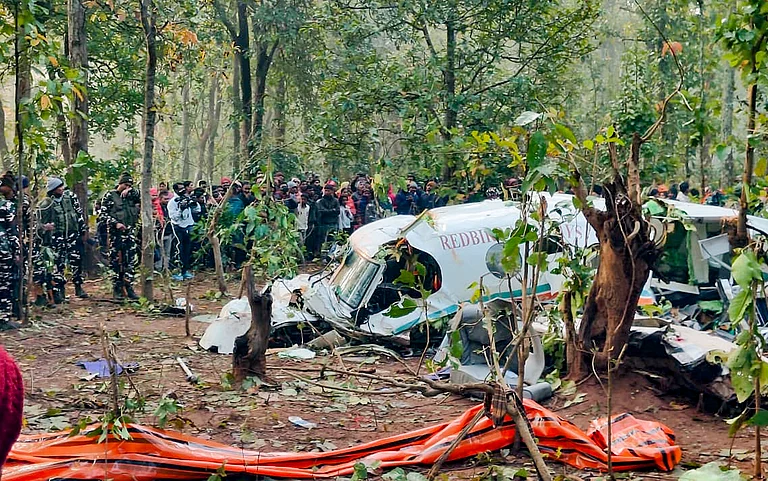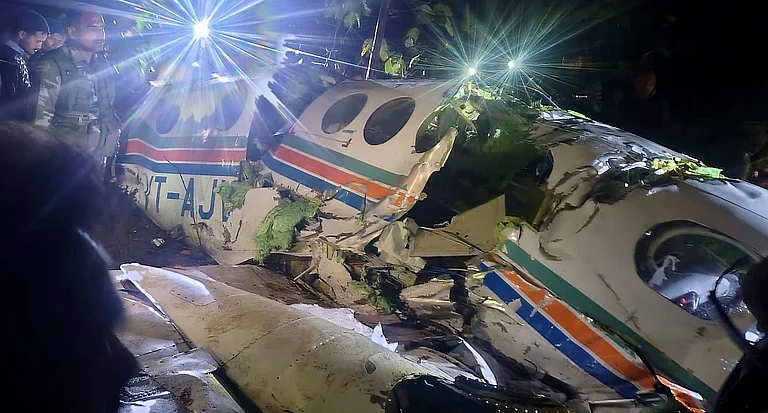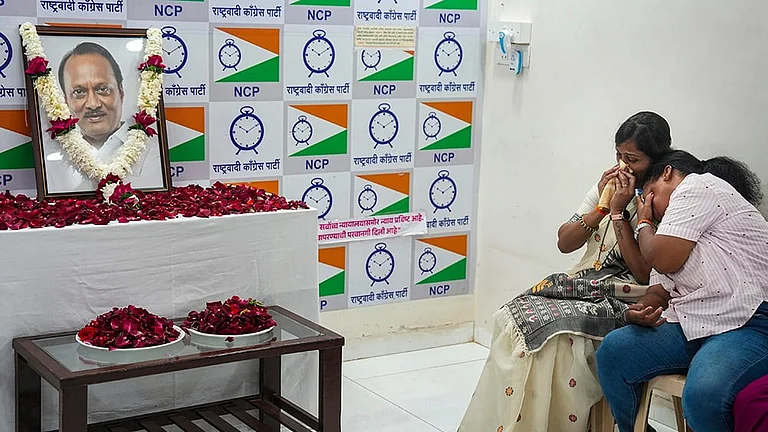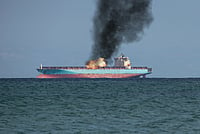As investigators continue probing last month’s fatal Air India crash, which killed 260 people, the U.S. Federal Aviation Administration (FAA) and Boeing have privately stated that the design of the aircraft’s fuel cutoff switch locks poses no safety threat, a Reuters report said.
The FAA issued a Continued Airworthiness Notification to civil aviation authorities on July 11, affirming that the fuel control switch design — including its locking mechanism — used across various Boeing aircraft, including the 787 model involved in the crash, does not constitute an unsafe condition. “The FAA does not consider this issue to be an unsafe condition that would warrant an Airworthiness Directive,” the notification read.
Boeing echoed the FAA’s assessment in a Multi-Operator Message (MOM) sent to airlines in recent days, two industry sources confirmed. In the communication, Boeing indicated that no action was recommended at this time. Both Boeing and the FAA declined to provide further comment when approached by Reuters, with Boeing referring inquiries back to the FAA.
The clarification comes after India's Aircraft Accident Investigation Bureau (AAIB) released a preliminary report on the June crash of a Boeing 787-8 operated by Air India. The report highlighted that fuel switches on the aircraft were inexplicably found in the "cutoff" position shortly after takeoff, effectively cutting power to the engines. Voice recorder data revealed one pilot asking the other why the fuel had been shut off, to which the second pilot responded that he had not done so.
The AAIB report also referenced a 2018 FAA advisory that recommended — but did not mandate — that operators of several Boeing models inspect fuel cutoff switch locking features to ensure they could not be inadvertently moved. Air India confirmed it had not conducted those checks, citing the non-binding nature of the advisory.
Despite the FAA and Boeing’s stance, the preliminary report has stirred debate in India’s aviation sector. The Indian chapter of the Air Line Pilots’ Association (ALPA India), affiliated with the global pilots’ federation IFALPA, rejected early speculation of pilot error and called for greater transparency.
“The pilots' body must now be made part of the probe, at least as observers,” ALPA India President Sam Thomas told *Reuters*. In a letter posted on social media, the group highlighted the 2018 FAA advisory as evidence of potential equipment malfunction and called for a “fair, fact-based inquiry.”
Two U.S.-based aviation safety experts supported ALPA India's request to participate in the investigation as observers. However, they said the AAIB’s initial report appeared balanced and did not show signs of bias against the pilots.
John Cox, a former pilot and ALPA representative, noted that the report was “objective and fair,” emphasizing the need for thorough technical analysis to determine how the fuel switches could have been triggered during flight.
The final report on the crash is expected in the coming months and may include further data from the cockpit voice and flight data recorders, as well as conclusions about mechanical systems and human factors.


























